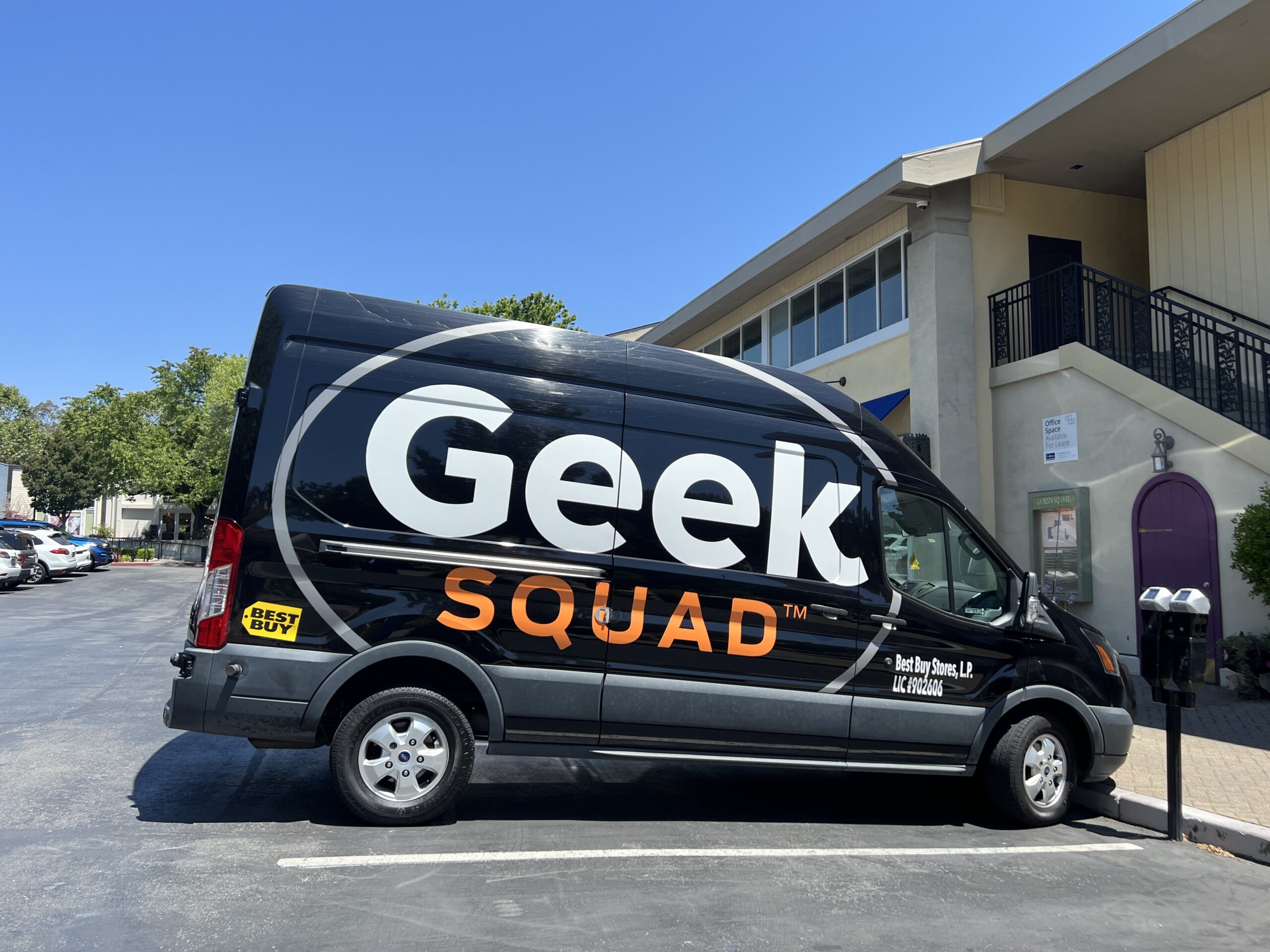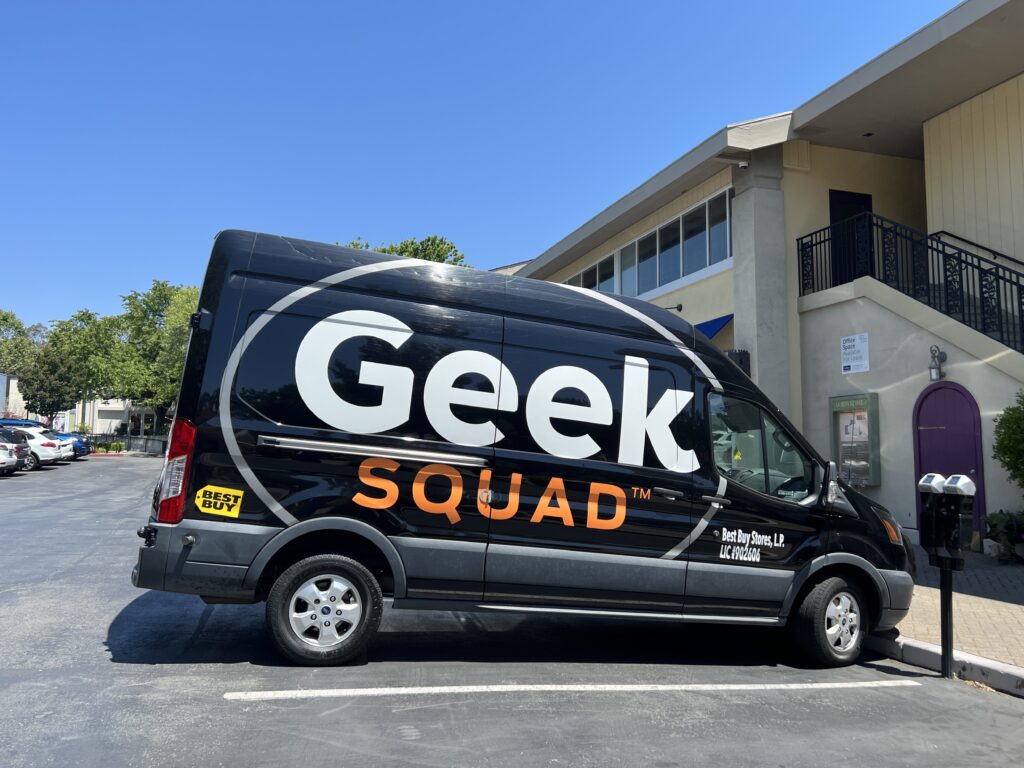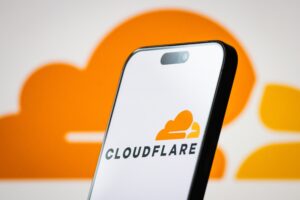
Have you received an urgent email from tech support company Geek Squad, charging you an exorbitant amount of money for a subscription renewal?
It’s a scam. The email is not really from Geek Squad, which is a legitimate business owned by the electronics retail chain Best Buy. And while scammers love to make it sound like you’re minutes away from a massive credit card charge, they can’t really charge you. The large amount stated in the email is just there to scare you…that is, unless you respond and give the cybercriminals the information they want.
So, up top, let’s be clear: Don’t respond to these Geek Squad scam emails. Ignore them. Don’t engage with the scammer.
What is the Geek Squad scam?
Fake subscription or payment scams have been quite popular in recent months. One growing scam in this vein is the E-Z Pass toll road text scam, which tries to trick targets into thinking they owe a payment for a toll road. Victims either pay a phony bill, or they hand over valuable personal information while trying to “correct” the penalty.
The Geek Squad scam is quite similar. The scammer sends a fake bill via email to an unsuspecting target. The bill is ostensibly for a subscription to Geek Squad’s technical support services. Sometimes, the bill will be for general support or for a specific yet vague product like a “network shield” or “computer protection.”
This Tweet is currently unavailable. It might be loading or has been removed.
However, there is one common strategy that these Geek Squad scammers all use: The price for the service is usually an exorbitant amount. It’s not uncommon for these emails to inform users that they will be charged in the range of $300 to $500 for a renewal of this nonexistent subscription service.
The pricing on the fake bill is quite purposeful. A target will see they are about to be charged a large sum of money and immediately reach out to the phone number provided in hopes of stopping the charge. This is both a common technique among scammers and a dead giveaway: Beware all emails and texts that try to create a sense of urgency. Legitimate businesses won’t use these kinds of pressure tactics.
As with the toll scams, there’s another layer here: Some victims will reach out to the scammer to stop the erroneous charge. If they are a Geek Squad customer, they’ll contact the number with the belief that they are talking to real Geek Squad representative. If they’re not, the scammers will try to trick them into revealing credit card numbers, social security numbers, or some other valuable information.
The Geek Squad scam has been going around for a few years now, which means it must be rather successful for scam artists because they keep utilizing this strategy. Over the past few months, there’s been an uptick in local news reports on the scam, particularly in New York and Wisconsin, so be on your gard.
This Tweet is currently unavailable. It might be loading or has been removed.
How to avoid getting scammed
While scammers have likely been raking in the cash with their Geek Squad scam, thankfully, it’s also very easy to avoid getting scammed.
The scammer relies on their target seeing the fake bill and contacting them via a link or phone number included in the email. Once the victim makes contact, the scammer engages in basic social engineering strategies to trick the target into giving them private information. Victims have also reported that the scammer convinced them to install software that allowed them to remotely control the target’s computer.
Simply do not engage with an email allegedly from Geek Squad. Do not reply to the email. Do not click a link in the email. Do not call the phone number listed in the email.
If you are a Geek Squad customer and must reach the company, please go to Geek Squad’s official website at Best Buy, which provides a real number for legitimate contact.
In conclusion: If you’re wondering if that Geek Squad email is real, assume that it isn’t.







